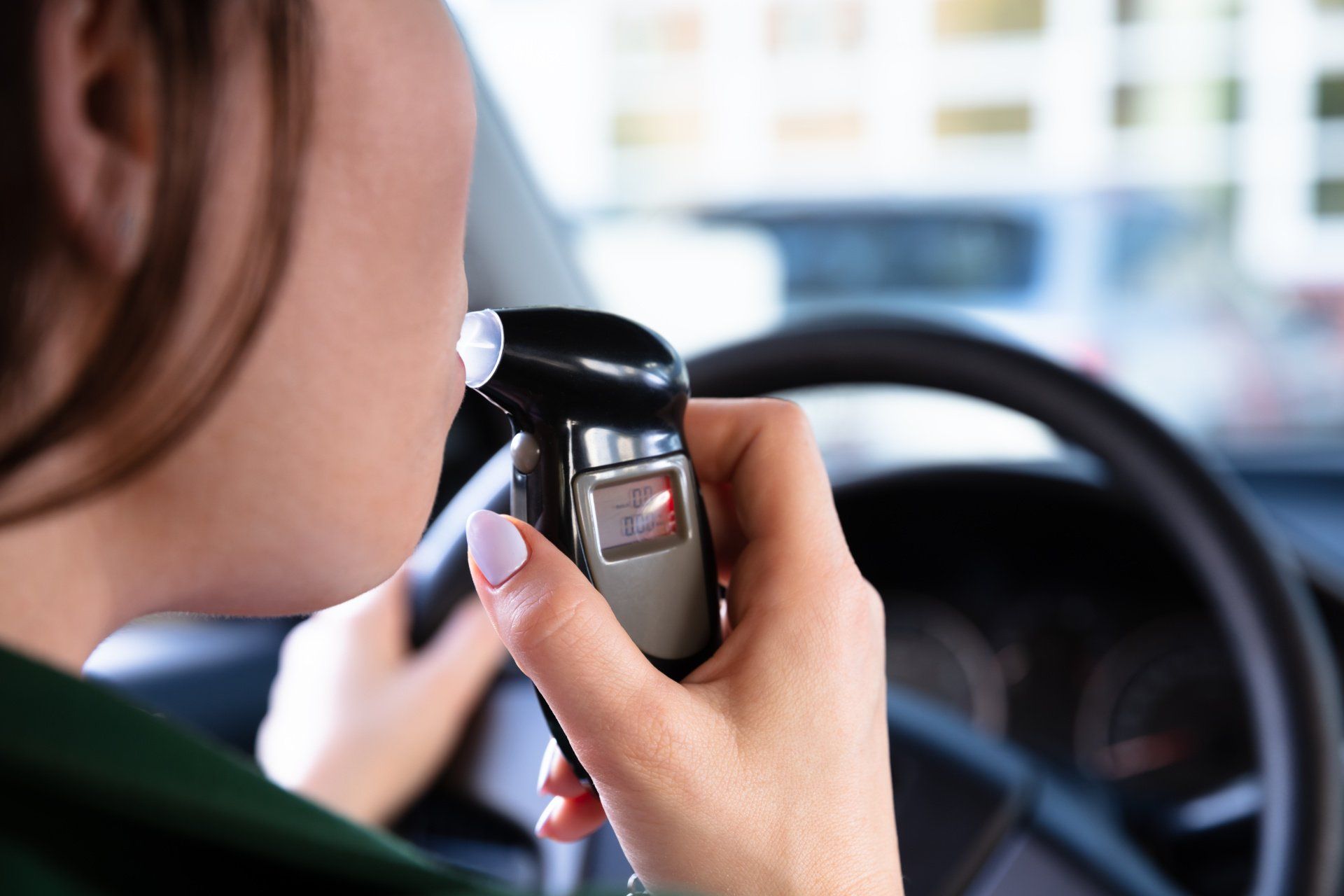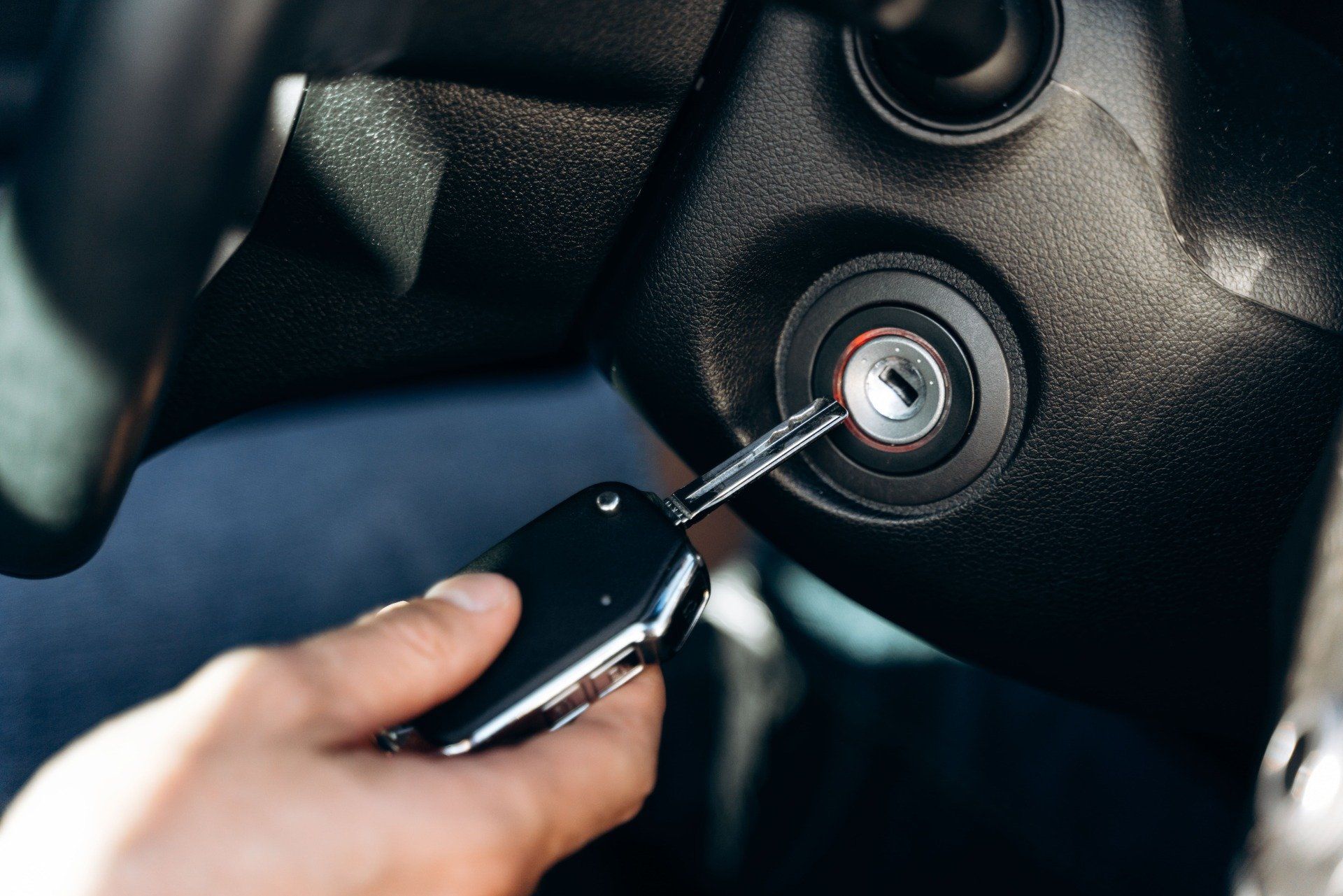Driving under the influence (DUI) laws vary significantly across state lines, affecting residents who travel or move between states. This blog compares the DUI laws of Connecticut with its neighboring states—New York, Massachusetts, and Rhode Island—to highlight key differences and their implications.
1. Legal Blood Alcohol Concentration (BAC) Limits
Connecticut:
- Standard legal BAC limit: 0.08%
- Commercial drivers: 0.04%
- Drivers under 21: 0.02%
New York:
- Standard legal BAC limit: 0.08%
- Commercial drivers: 0.04%
- Drivers under 21: 0.02%
Massachusetts:
- Standard legal BAC limit: 0.08%
- Commercial drivers: 0.04%
- Drivers under 21: 0.02%
Rhode Island:
- Standard legal BAC limit: 0.08%
- Commercial drivers: 0.04%
- Drivers under 21: 0.02%
While the BAC limits are uniform across these states, enforcement and penalties vary.
2. Implied Consent Laws
Connecticut: Drivers implicitly consent to BAC tests; refusal leads to automatic license suspension (6 months for first refusal).
New York: Refusal to submit to a BAC test results in a one-year license revocation and a civil fine.
Massachusetts: Refusing a BAC test results in a license suspension ranging from 180 days to life, depending on prior offenses.
Rhode Island: Refusal results in a 6-month to one-year license suspension and fines.
Implied consent laws underscore the importance of compliance, as refusal penalties can be severe.
3. DUI Penalties for First-Time Offenders
Connecticut:
- Fine: $500 - $1,000
- Jail time: Up to 6 months
- License suspension: 45 days
New York:
- Fine: $500 - $1,000
- Jail time: Up to 1 year
- License revocation: Minimum 6 months
Massachusetts:
- Fine: $500 - $5,000
- Jail time: Up to 2.5 years
- License suspension: 1 year
Rhode Island:
- Fine: $100 - $400
- Jail time: Up to 1 year
- License suspension: 30 - 180 days
Connecticut’s penalties for first-time offenders are moderate compared to neighboring states, with Massachusetts imposing the harshest potential penalties.
4. Ignition Interlock Device (IID) Requirements
Connecticut: Mandatory for all convicted offenders for a period of 1 year.
New York: Required for at least 6 months for all DUI convictions.
Massachusetts: Required for at least 2 years for second and subsequent offenses.
Rhode Island: Required for repeat offenders as part of probation.
Connecticut and New York impose mandatory IID requirements for all offenders, emphasizing stricter controls for preventing repeat offenses.
Implications for Travelers
Travelers should be aware that while basic DUI thresholds are consistent, the legal repercussions of a DUI conviction can vary widely. For instance, penalties in Massachusetts and New York are generally more severe than in Connecticut and Rhode Island. Compliance with BAC testing is crucial, as refusals carry substantial penalties across all states.
Contact Us For Further Information
If you have questions about DUI laws in Connecticut or need legal assistance, contact our office for a consultation. Staying informed and prepared is crucial for safeguarding your driving record and your future. Contact us today for expert guidance tailored to your situation.













